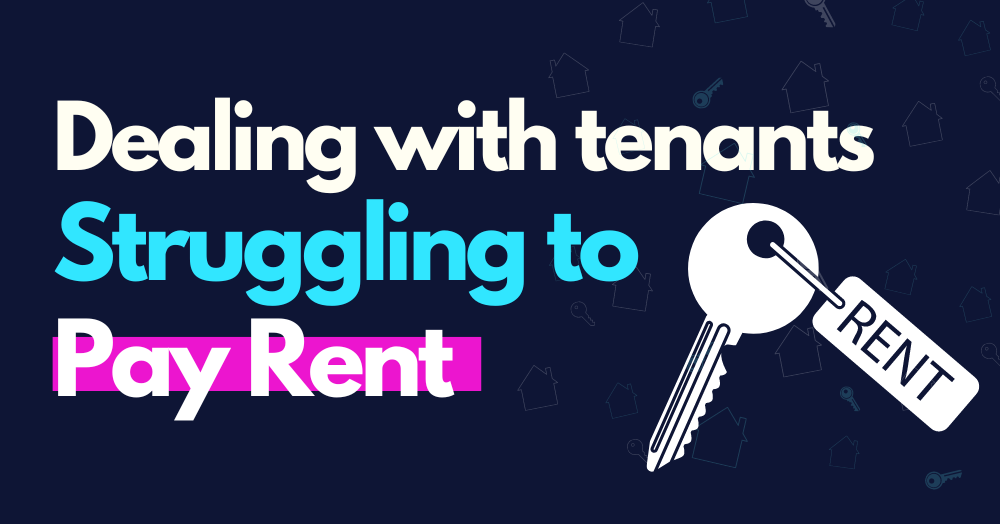
How do I deal with tenants who may be struggling to pay rent or facing financial difficulties?


With Easter just around the corner, now is a strategic moment to prepare your home for market, before buyer demand peaks and properties move fastest.
In the UK, where winter weather can be unpredictable, snow can have both positive & negative effects on the sale of a house. While some sellers choose to wait for spring, others successfully sell during the colder months. Understanding the advantages & disadvantages of selling your home during snowy periods can help you make an informed decision.
Pricing strategy can be the difference between achieving a strong sale price quickly and watching your property sit on the market for months. Yet many sellers underestimate how complex pricing a home truly is. This is where a knowledgeable and experienced estate agent becomes invaluable.
Birmingham continues to be at the centre of conversations about the UK property market. It attracts attention from investors, landlords, tenants, & the media alike. This article explores the reality of rental demand in Birmingham, what’s driving it, what challenges genuinely exist, and why it remains one of the UK’s most resilient rental market.